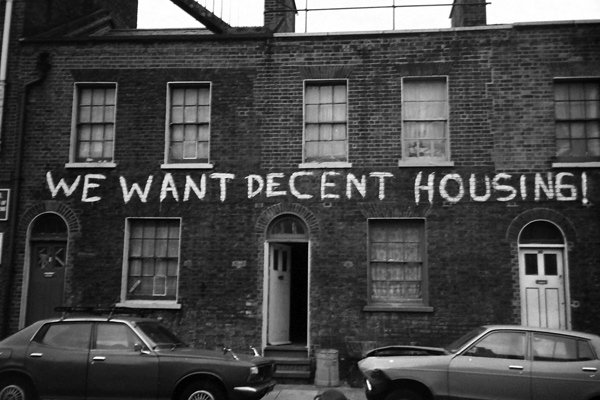A special blog written by Japheth Monzon, BSWN Project Officer
Sorting out the current economic crises is everyone’s business – an obvious sentiment if you’re currently living in England and Wales. Certainly, all sorts of people are being negatively impacted by the rising costs of living or the unsustainable housing market. But my work in research and policy within BSWN has exposed me to the fact that Black and Minoritised individuals face significant hardships on top of these.
Structural inequality has rendered a large proportion of Black and Minoritised people to struggle in paying for their living expenses; the price of utility bills and groceries has more than doubled in some circumstances, according to the Cost-of-Living Crisis Report 2023 (BSWN, 2023).
Moreover, more than one million people are on the waiting list for social housing. Paired with a decreasing amount of social houses available, large swathes of people – who are otherwise in need of help to secure accommodation – are being pushed towards the private renting sector. Private rents, in addition, are steadily increasing to 12.3% throughout the United Kingdom. Bristol, on the other hand, supersedes the national average rise in rent – with statistics showing a rise of 12.9%!
Structural inequality is not a new phenomenon for individuals who are Black and Minoritised. Of those in social housing, 18% of Black and Minoritised households are overcrowded, which is higher than the national average. I could rattle on with these statistics that show the structural inequalities faced by Black and Minoritised individuals, but I think you get the point: it seems like we’re all ‘Working to Live’ and ‘Living to Work’, but we aren’t ‘Living’. A respondent to the Cost-of-Living Crisis Report 2023 (BSWN) powerfully stated that the current economic crises have led them to feel like “a robot”, and that “this isn’t the way to live.” Certainly, Achille Mbembe would agree.
© Achille Mbembe - Groupe d’etudes géopolitiques
Achille Mbembe, a distinguished Cameroonian historian and philosopher, details a theory of structural domination based on the systemic disadvantages faced by Black and Minoritised people. Mbembe calls it the Theory of Necropolitics. In short, Necropolitics refers to how social and political power is used to slowly (but surely) push people into states of precarious living.
“New and unique forms of social existence in which vast populations are subjected to living conditions that confer upon them the status of the living dead.”
This is hauntingly reminiscent of the respondent’s statement: “this isn’t the way to live.” Indeed, it is clear to see how a theory built on an explanation of racial discrimination could be applied to whole populations of people in England and Wales facing structural violence based on economic costs of living and housing provisions. With new legislation, rising prices, and increased retirement age, people in England and Wales are being pushed towards a state of existence where – to live a decent and secure life – one must work until exhaustion. This is what Mbembe sees as a state of living death, where the life of an individual is systematically cheapened and habituated to loss (Mbembe, 2019).
So how do these tie into Race Equality Week and its theme (#ItsEveryone’sBusiness)? Systemic inequality and slow, structural violence are familiar concepts for Black and Minoritised people. Our journey towards racial justice and restitution for the pain caused by structural forms of power has generated theories and ideas that astutely apply to the economic inequality all types of people are experiencing throughout England and Wales.
This demonstrates that racial justice and economic equality are inextricable, one cannot bear its fruit without the support of the other. Both should be everyone’s business and solidarity should be the goal.



